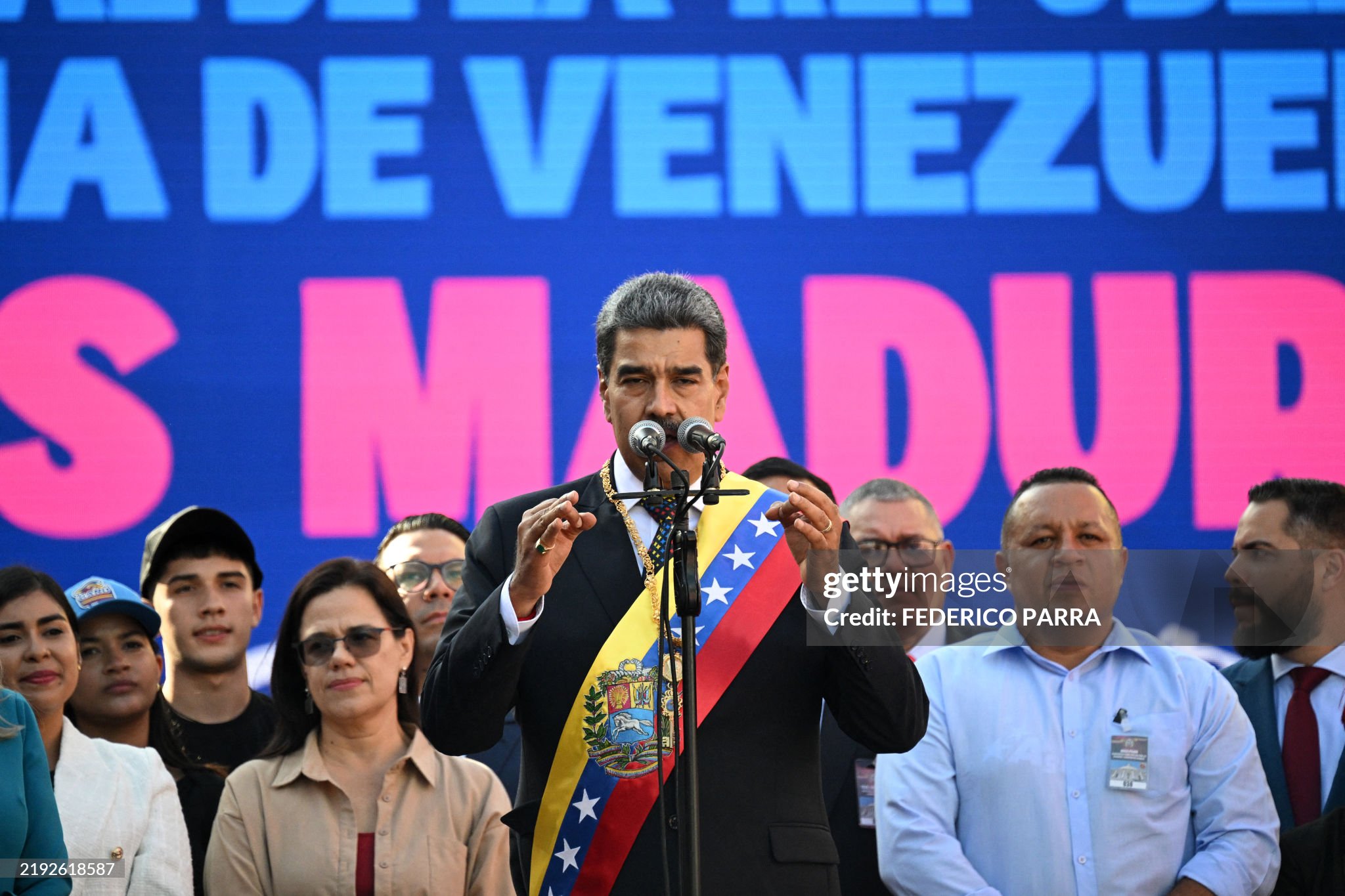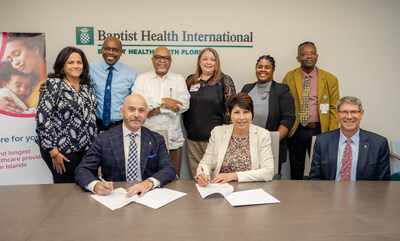Author: Ana Pereya Barón
Honduran President Xiomara Castro campaigned on the promise to protect human rights and combat systemic corruption. Her election to the presidency ended twelve years of corrupt, right-wing governments that violated citizens’ human rights and fueled extremely high levels of migration. And although former president Juan Orlando Hernández, is sitting in a New York jail cell for drug trafficking and firearm charges, this does not mean that corruption and human rights violations ended with his extradition. It has been nearly two years since President Castro took office, and there is still a long road ahead to end corruption and protect human rights in Honduras. While Castro’s government and the legislature have made some positive steps to revoke laws that protect the corrupt, there are still policies in place that make it easier for Honduras to convict a human rights defender than the corrupt elite. With 14 killings in 2022, Honduras has the highest number of killings per capita in the world, according to the latest Global Witness report.The Biden Administration must pressure the Honduran government to continue taking steps toward establishing the anti-corruption international mechanism. And the United States must urge the Honduran government to deliver on its promise of defending the defenders.
Recent Anti-Corruption Efforts
UN-backed Anti-Corruption Mechanism
Xiomara Castro became president of a country with deep-seated corruption in government institutions, legislation, and political parties. Castro recognized the need for international support to fight against this profound level of corruption. In February 2022, she formally requested the UN’s assistance to establish an International Commission Against Corruption and Impunity in Honduras (CICIH). In mid-May of 2022, a United Nations technical delegation traveled to Honduras with the focus of obtaining the most current context of the country and understanding Castro’s request in further detail. In December 2022, Castro’s administration and the United Nations signed a memorandum of understanding stating the conditions the Honduran government must meet to establish this mechanism. Read the memorandum here.
In July, UN experts arrived in Honduras to examine the status of the necessary preconditions for establishing CICIH. As stated in the memorandum of understanding, the UN team is working on assessing the situation on the ground by engaging with various government actors and analyzing if the minimum requirements for an international anti-corruption mechanism are present in Honduras. Freeing the country from the shackles of a narco-dictatorship is difficult, and we have seen some progress, but more is urgently needed–and if the international mechanism is to be launched, the remaining reforms must happen soon.
Progress on Reforming Laws
In 2022, the Congress delivered one of President Castro’s campaign promises by repealing the so-called Law of Secrets, which limited public access to government records and helped to cover up corruption. In 2023, the legislature, with the Castro government’s support, took steps to reverse legislation protecting corrupt actors who commit money laundering. In July 2023, the National Congress repealed Decree 57-2020, or the Money Laundering Law, that prevented the Public Ministry from confiscating documents or any evidence against individuals accused of corruption. Decree 57-2020 would alert corrupt actors of an investigation and give them time to destroy any evidence.
In addition, Congress reformed Decree 93-2021, which weakened the definition of money laundering and prevented the Honduran Public Ministry from obtaining information for corruption cases without a prior court order. These legislative reforms demonstrated that the Honduran government and Congress can take the necessary steps to fight against impunity and corruption. Finally, on August 3, 2023 the Congress revoked Decree 116-2019, known as the Fondo Departmental, of the Criminal Penal Code with a total of 82 votes. Decree 116-2019 allows public officials to direct funds to third parties, such as NGOs or other projects, without transparency or oversight, which has contributed to major corruption scandals. According to the nongovernmental think tank Centro de Estudio para la Democracia (CESPAD), Decree 116-2019 stated that the Attorney General’s office cannot take action against officials that manage public funds until the ineffectual Tribunal Superior de Cuentas (TSC) determines culpability. This decree enabled corruption of public officials because it makes the auditing process of funds extraordinarily long and complicated.
These legislative reforms demonstrated that the Honduran government and Congress can take the necessary steps to fight against impunity and corruption. Now, they must keep that momentum and reform other laws and practices that block change.
Necessary Steps for Fighting Corruption in Honduras
Additional laws that should be modified or repealed include Decree 117-2019, which grants immunity to members of Congress involved in cases of corruption if carried out as part of their official duties. The criminal code revision (130-2017) must be revised, as provisions within it substantially reduce penalties for acts of corruption and organized crime at the same time as other provisions increase penalties against campesinos and Afro- and Indigenous community activists for actions taken during protests.
In addition to reforming the above decrees, the Honduran Congress should approve an effective Ley de Colaboración Eficaz. This law would be a pivotal step for increased transparency in criminal investigations. The law establishes a plea bargaining process with benefits such as sentence reduction or possibility of parole for individuals who cooperate in criminal investigations, allowing the Attorney General’s office to make progress in dismantling organized crime groups. This law would also give more tools to the CICIH to investigate corruption cases in Honduras. Approving the Ley de Colaboración Eficaz is one of the conditions included in the memorandum of understanding with the United Nations. The approval of this law with support from President Castro would clearly signal the Honduran legislature and government’s political will to finalize the international mechanism on the ground.
Transparent Attorney General Elections
A vital part of the fight against impunity and corruption relies on the election of the Attorney General. The attorney general can dictate the path for a more transparent and independent future in Honduras. Alice Shackleford, United Nations Resident Coordinator in Honduras, referred to the attorney general elections as critical to fighting impunity in Honduras and says that the CICIH mechanism will succeed if Honduras has an independent attorney general. The Honduran constitution requires the attorney general to be appointed by Congress on September 1st from a list of five candidates selected by the Nominating Board. While the Nominating Board provided the following names: Jenny Almendares Flores, Mario Alexis Morazán Aguilera, Marcio Cabañas Cadillo, Johel Antonio Zelaya Álvarez, and Pablo Emilio Reyes Theodore. Jenny Almendares, the only woman to be selected, received the highest qualifying score. Nevertheless, Congress missed the deadline due to partisan infighting that had nothing to do with the quality of the candidates for the Attorney General and the Deputy Attorney General but with negotiating continued impunity for corruption and other crimes. It is rumored that a decision won’t be made until 2024 on the Attorney General, risking the establishment of the CICIH and deepening the polarization and chaos in the country.
ZEDEs Second Vote in Question
The future of the Zone for Employment and Economic Development (ZEDEs) in Honduras is uncertain. The ZEDEs law gave foreign investors complete legislative, judicial, and fiscal autonomy over these zones, undermining the rights of surrounding communities and its natural resources. Although the Honduran Congress unanimously repealed the ZEDEs law last April 2022, there still needs to be a second vote in Congress to repeal the constitutional reforms upon which the ZEDE law was based upon. More than a year later, there is still no set date for the second vote. The National Congress must pass the second vote to fully remove the Zone for Employment and Economic Development (ZEDEs) in Honduras. In July 2021, over 180 municipalities declared their territories free of ZEDEs. The lack of definitive action by the National Congress leaves human rights defenders, Afro-descendant groups, labor activists, and other members of civil society wondering if the Castro Administration is truly living up to their campaign promises to expel ZEDEs from the country. Click here to learn more about the ZEDEs law.
What’s Needed from the United States?
The Biden Administration and Congress should recognize the modest steps that have been taken but strongly encourage the Honduran government and legislature to rapidly enact and implement the additional necessary reforms so that the anti-corruption mechanism can move forward. The administration should urge the Honduran government to protect the rights of Afro-descendant communities, campesinos, and Indigenous groups that continue to face threats and violence. Honduras has a dark legacy of human rights violations, and the United States government bears tremendous responsibility for failing to take action after the June 2009 coup and for supporting a series of corrupt and abusive governments, culminating in the brutal reign of Juan Orlando Hernández. Now, the U.S. government should make amends by urging the Castro Administration to take more decisive actions to create a safe environment for the defense of human rights and an end to corruption by electing the most qualified nominees for Attorney General. The international community must work together with Hondurans to end the powerful forces of corruption and impunity in the country.





















Discussion about this post